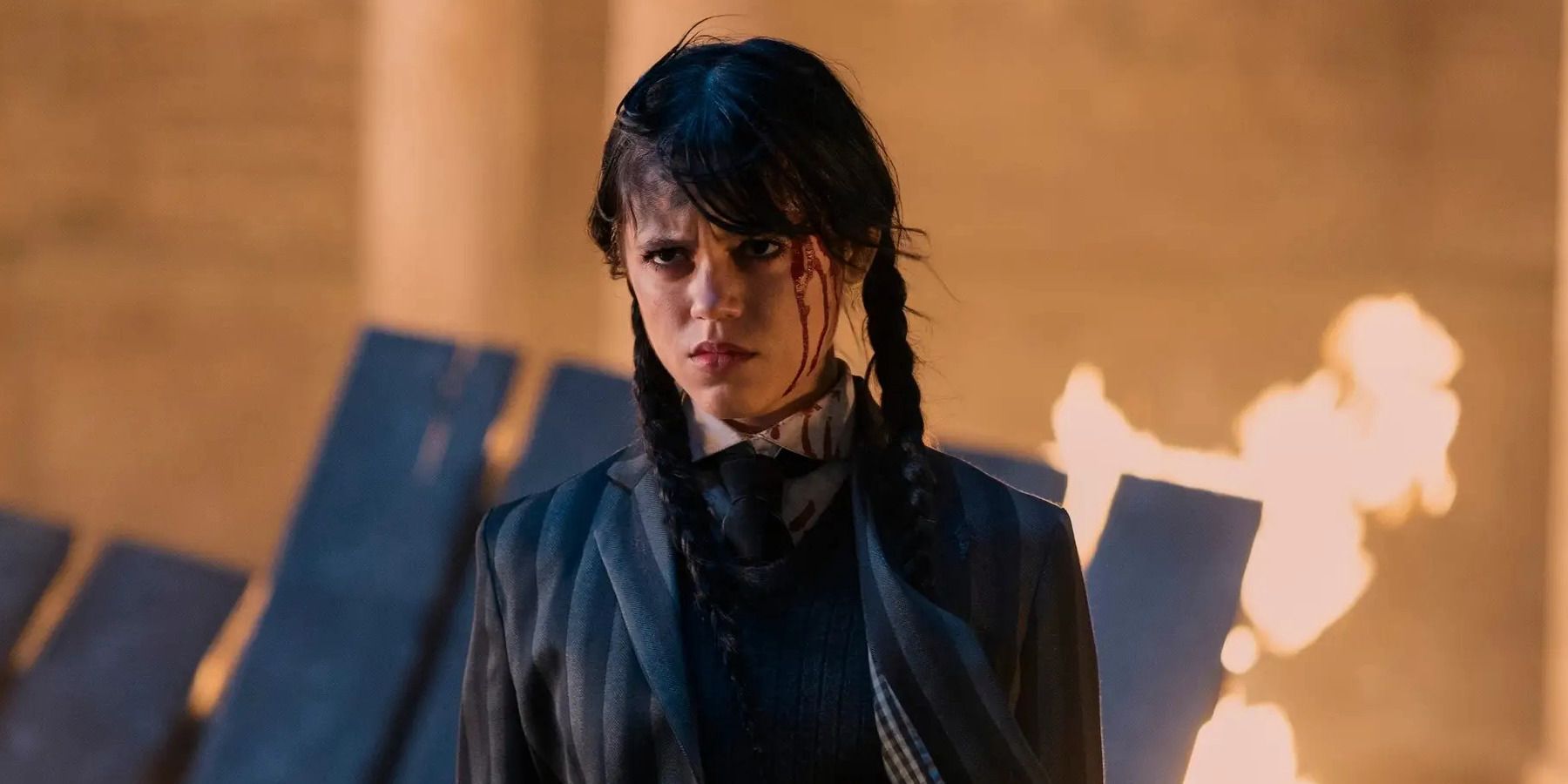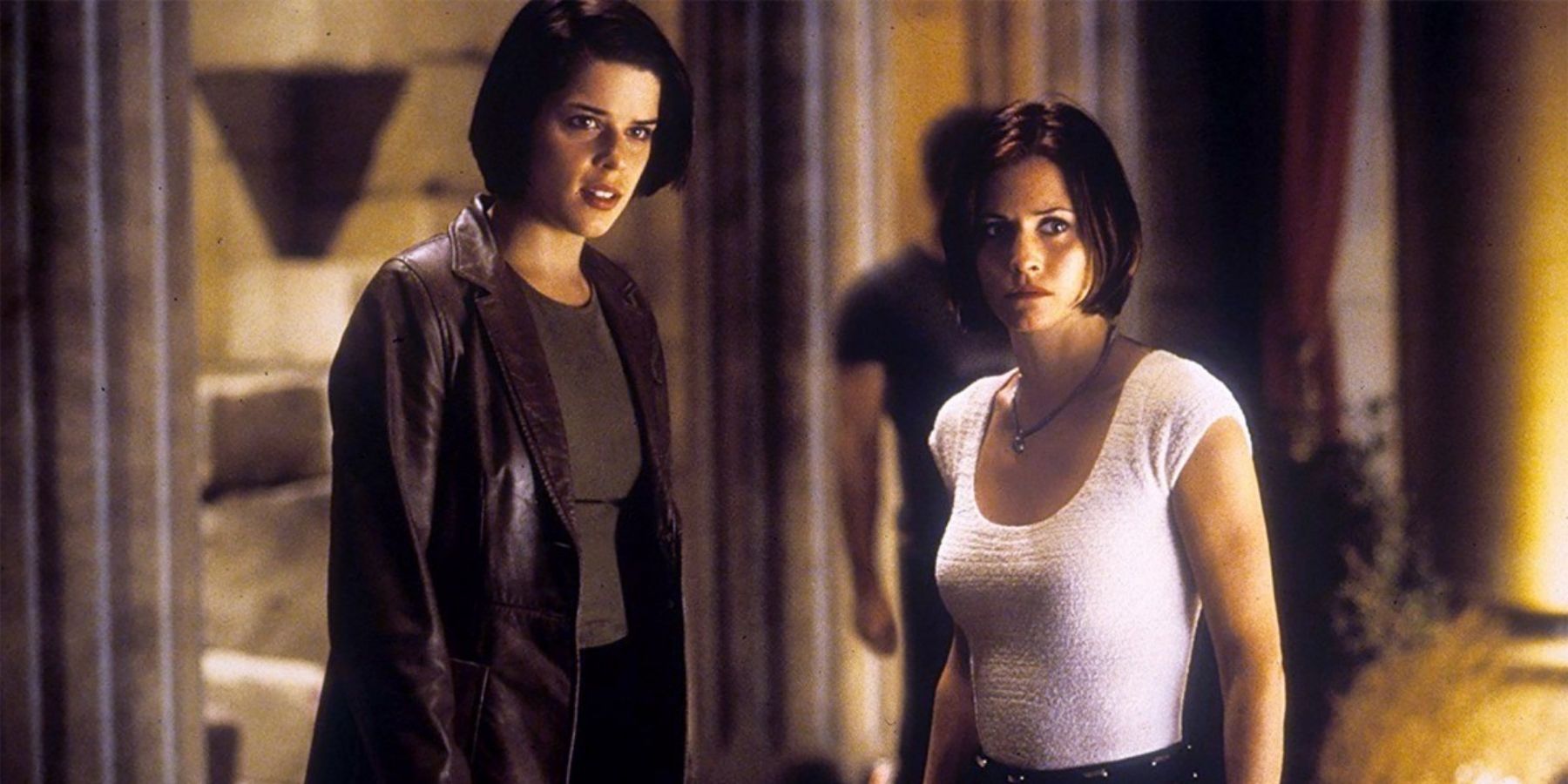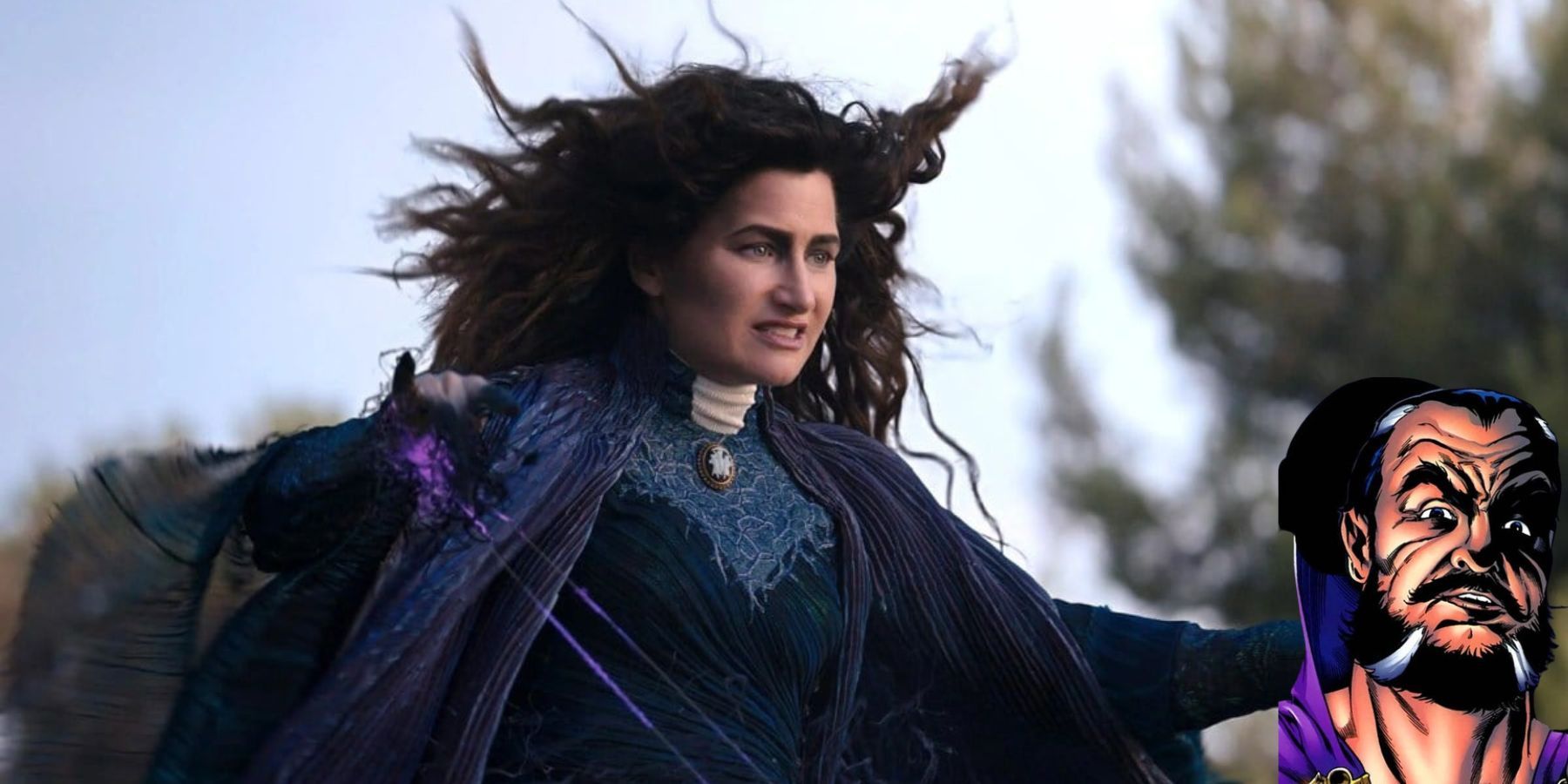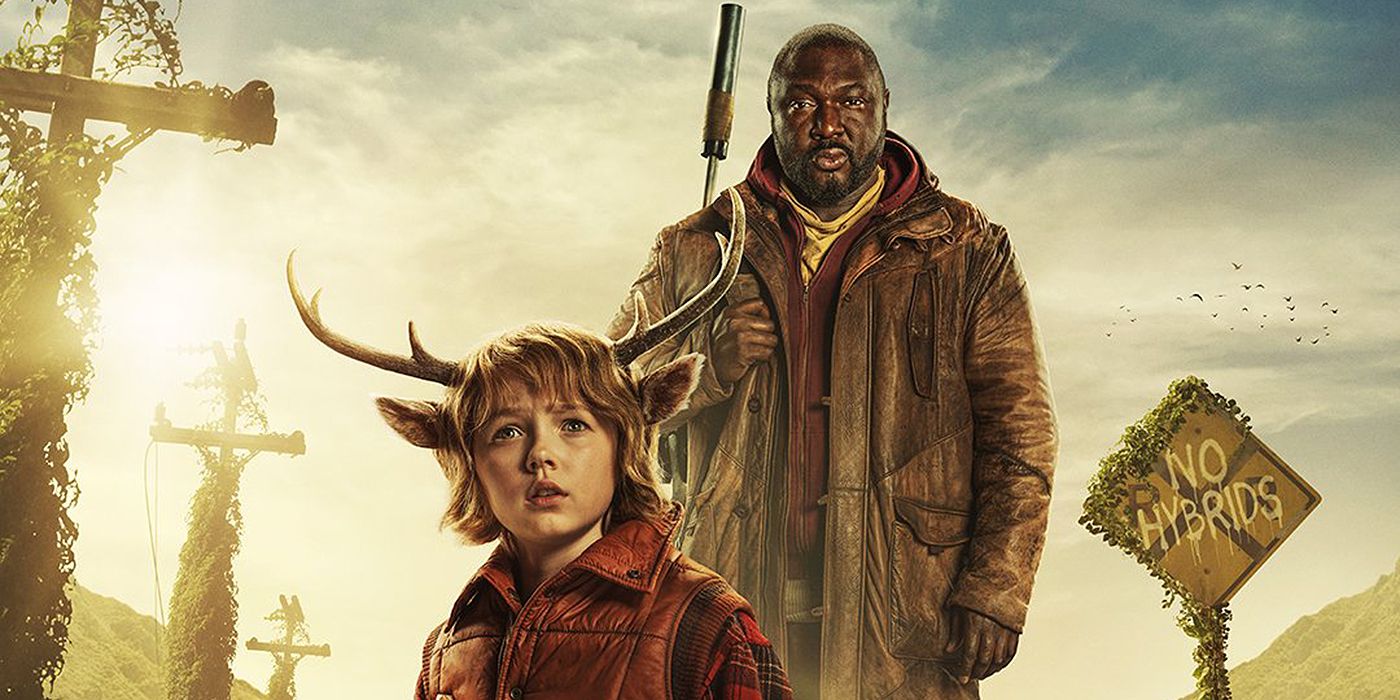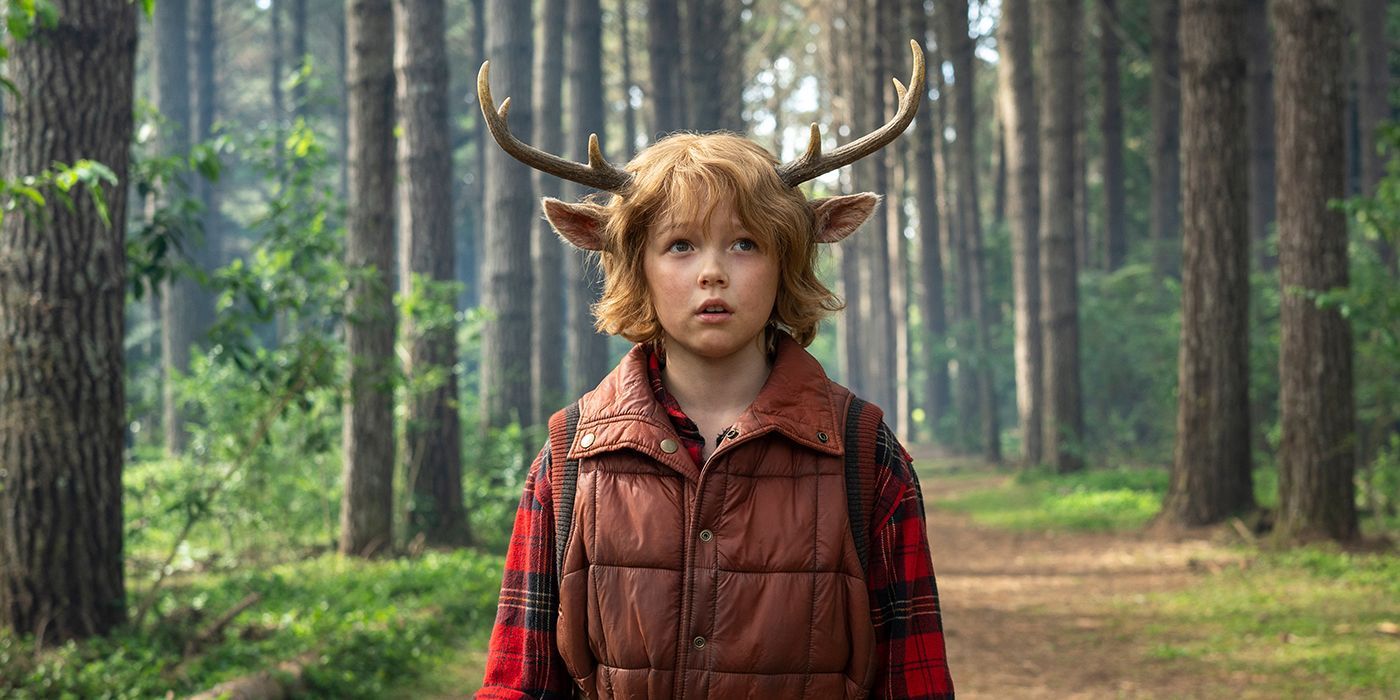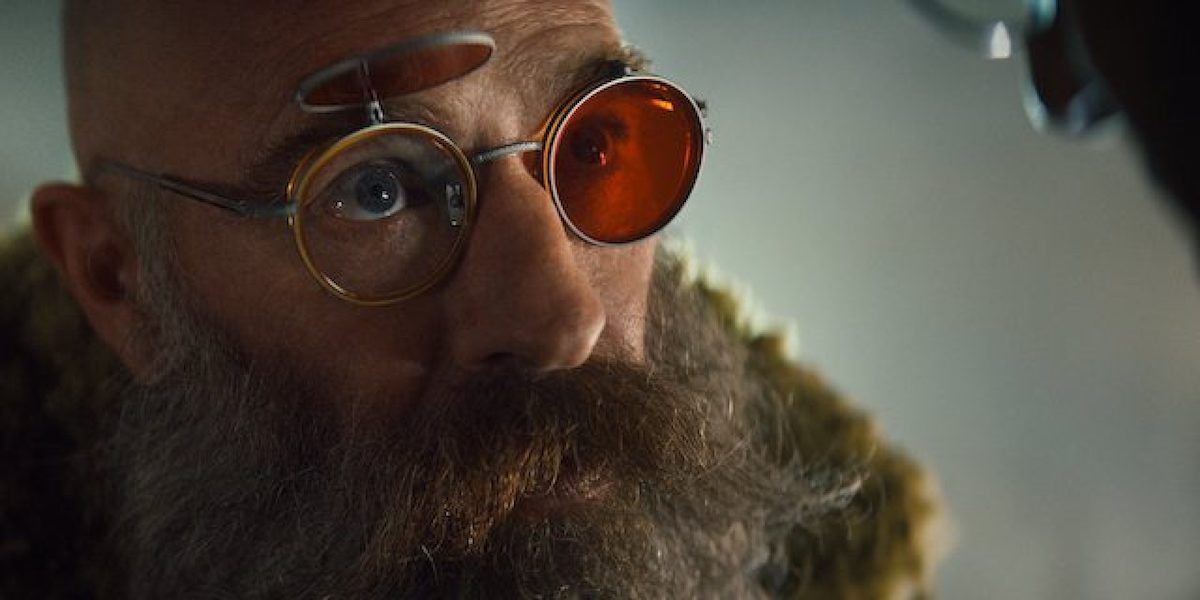Sweet Tooth is a series that fills a hole otherwise left vacant by current entertainment. In a world oversaturated with comic book adaptations, and compared to the disappointment that was Jupiter’s Legacy, this show brings out the best of the genre without falling flat. It hits all the right emotional notes and pushes its audience towards questions and themes that are downright unsettling but necessary. Movie theatres are reopening and it’s tempting to lean into distracting blockbuster hits, but Sweet Tooth is a story that truly deserves the attention of a binge-watch right now.
The Netflix series, adapted from a DC/Vertigo comic, begins in a dystopian era of Earth and follows Gus (Christian Convery), a young deer-human hybrid boy living in isolation with his father, “Pubba,” (Will Forte). Their world has been torn apart by a virus that most believe to have manifested in connection with the births of animal-hybrid children that, coincidentally, first began appearing right before the virus takes hold and ravages the world. In response, the hybrids are mostly feared, hunted, and killed. Fearing for his son’s life, Pubba takes his newborn son to the woods where the two live an idyllic but isolated life within the confines of a fenced area.
Even though this adaptation is lighter than its comic book source, Gus’ life still unravels and he’s forced to face a world he’s never known and cross the fence. Armed with nothing but “dog,” a stuffed dog his Pubba made him, he opens himself to the dangers of the Last Men, hunters who want nothing more than to wipe the Earth of all hybrids. Gus meets an array of outsiders on his travels, including the towering Jepp (Nonso Anozie) a loner who, despite his best efforts, takes a liking to Gus and his candy obsession. After trying to rid himself of Gus and his incessant questions about the world, Jepp agrees to lead him to Colorado to search for his mom.
The story also follows Dr. Singh (Adeel Akhtar), a doctor who is hiding a secret from his paranoid, cult-like neighborhood. The story is filled with interesting characters, from an “animal army” of wild kids (think Peter Pan’s Lost Boys), to Aimee (Dania Ramirez), who runs a preserve for surviving hybrids. However, the heartbeat of the story remains with the ever-hopeful Gus as he navigates a selfish populace in a world that wants him dead.
The show was produced by Robert Downey Jr., who has had plenty of practice in the genre after many years of playing Iron Man. It’s clear that at the base of the show is a cleverly crafted and thoughtful script. Combined with sincere performances and characters that are impossible not to empathize with, the show is a win from the first episode. Every other detail is just icing on the cake, most of which are noteworthy. In particular, Convery is perfectly cast as the innocent Gus, every scene with Forte feels like a gift, and Anozie’s take on Jepp is layered with delicacy and glowing subtlety.
Most impossible to notice is how the show centers on themes that are a direct reflection of current issues, from environmental disaster to the harsh reality of a world in chaos. In the world of Sweet Tooth, humans live apart from each other and fend for themselves with oftentimes selfish, abhorrent behavior.
It feels like no coincidence that the show touches on this subject with frenzied and horrifying realism. One of the best examples of this is during a scene where Dr. Singh’s hyper-vigilant neighbors, obsessed with keeping the virus out of the community, are having a “survivor’s day” party. The neighbors are all too quick to go from party mode to making ominous, soulless decisions at the first potential sign of the virus.
The show also shines in some of its less action-packed moments, when the scenery is the star. Long, sweeping shots of mountainous hills and bright fields, coupled with a dreamy soundtrack, are welcomed breaks from the plot. The show immerses us into its world of misty forests and backdrops so the viewer can experience it just as Gus does, for the first time. Occasionally these moments stretch for too long a time and feel drawn out, but even still, these moments are a sight to behold.
The effects of the show differ from most comic book adaptations, which are usually rampant with CGI effects. While CGI is certainly responsible for some things, it never feels congested with distracting and unnecessary computer effects. The hybrid children, in all their versions, look real enough that it’s sometimes impossible to tell if they’re the result of incredible CGI or authentic makeup artistry. Grant Lehmann, the series’ puppeteer, revealed to the New York Times that Gus’ deer ears were animatronic, a move that pays off and adds to the believability of the character.
There may not be much in Sweet Tooth for lovers of consistent action and explosions, but that’s what makes this adaptation stand apart from its many competitors. What it lacks in flying capes it makes up for with a strong storyline and the ability to make its audience consider intriguing lines of thought. With its world where men act like animals and hybrids struggle to feel human, it asks the question of what makes a human, and what are humans entitled to?
The series is a much-needed light in times where doom and gloom are still, theoretically, around every corner. In the end, social commentary aside, Sweet Tooth and Gus can be summed up by one simple Jepp quote: “That little kid’s got hope coming out of every pore.”
MORE:'Sweet Tooth' Trailer Reveals Netflix's Post-Apocalyptic Fairytale

